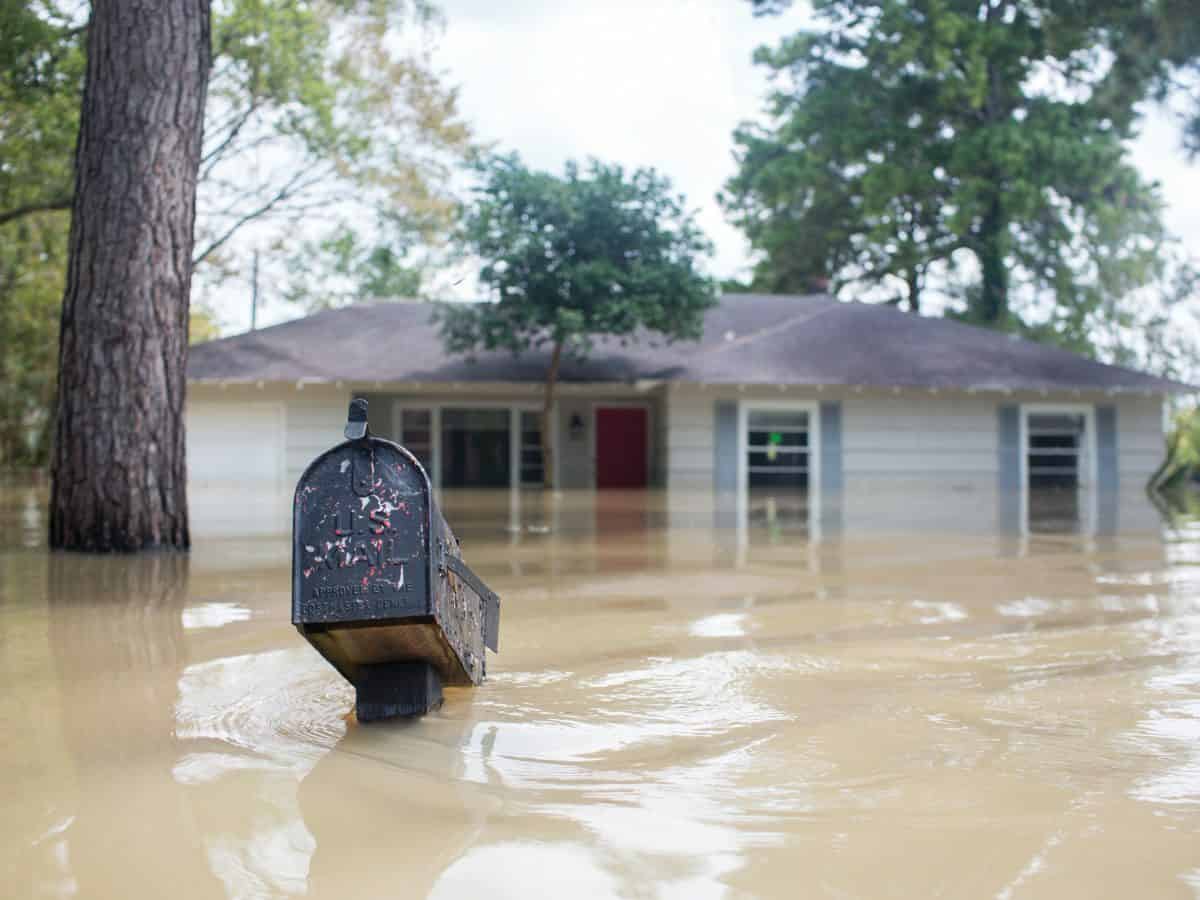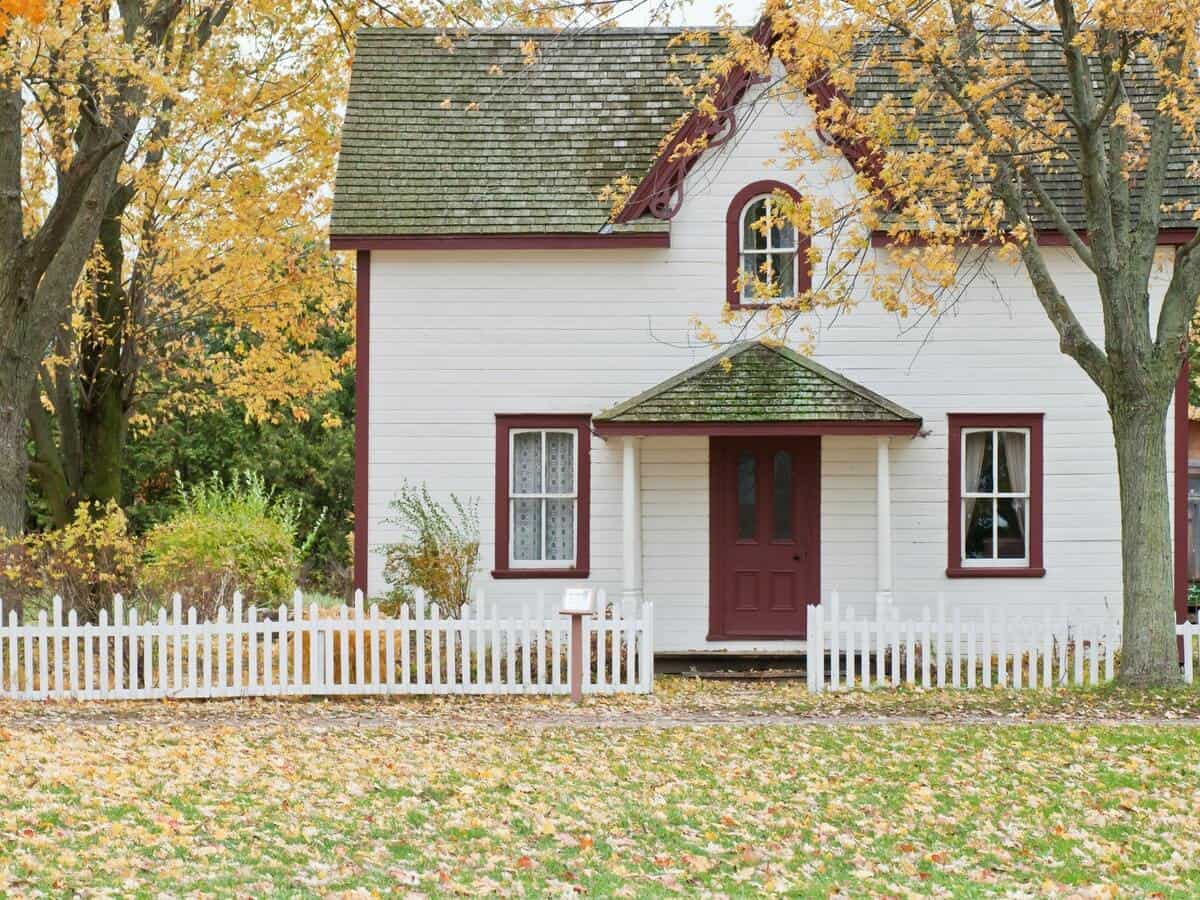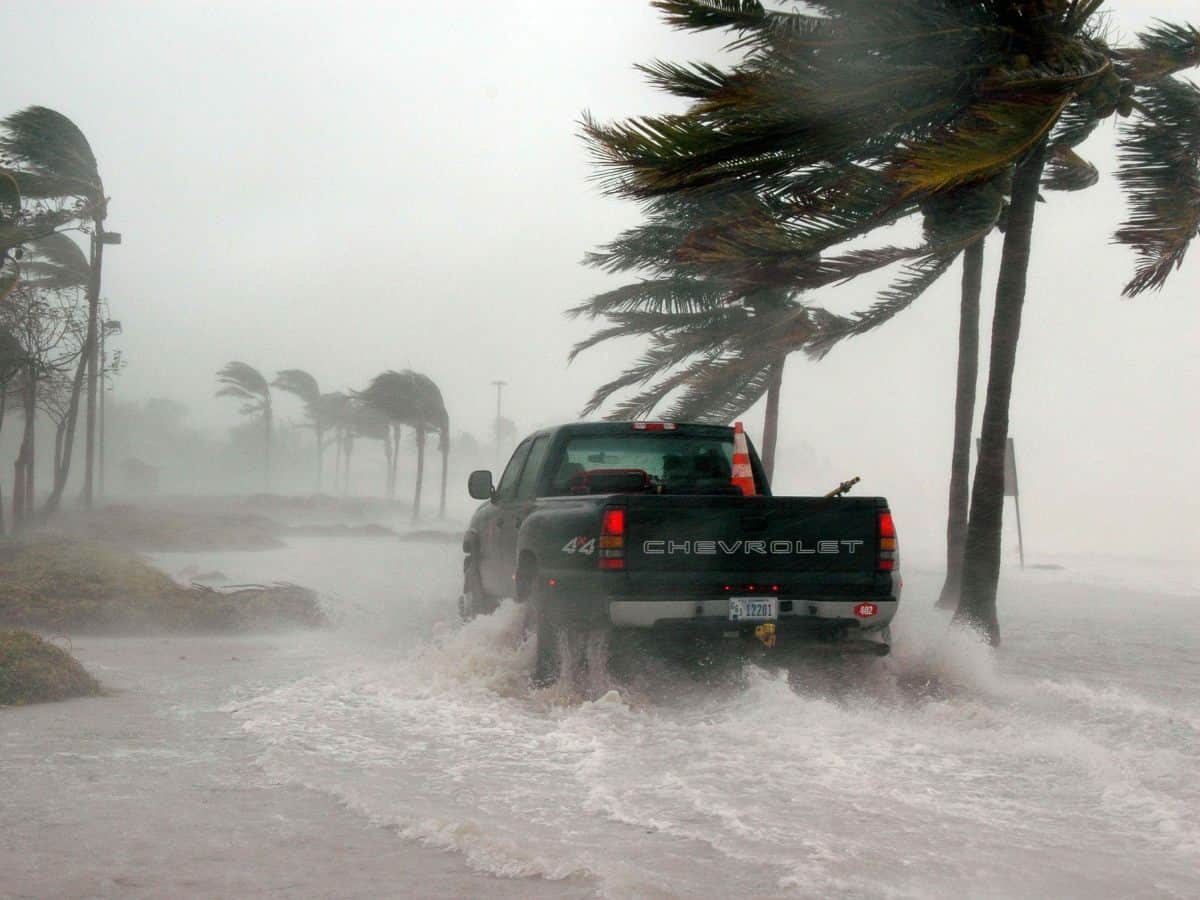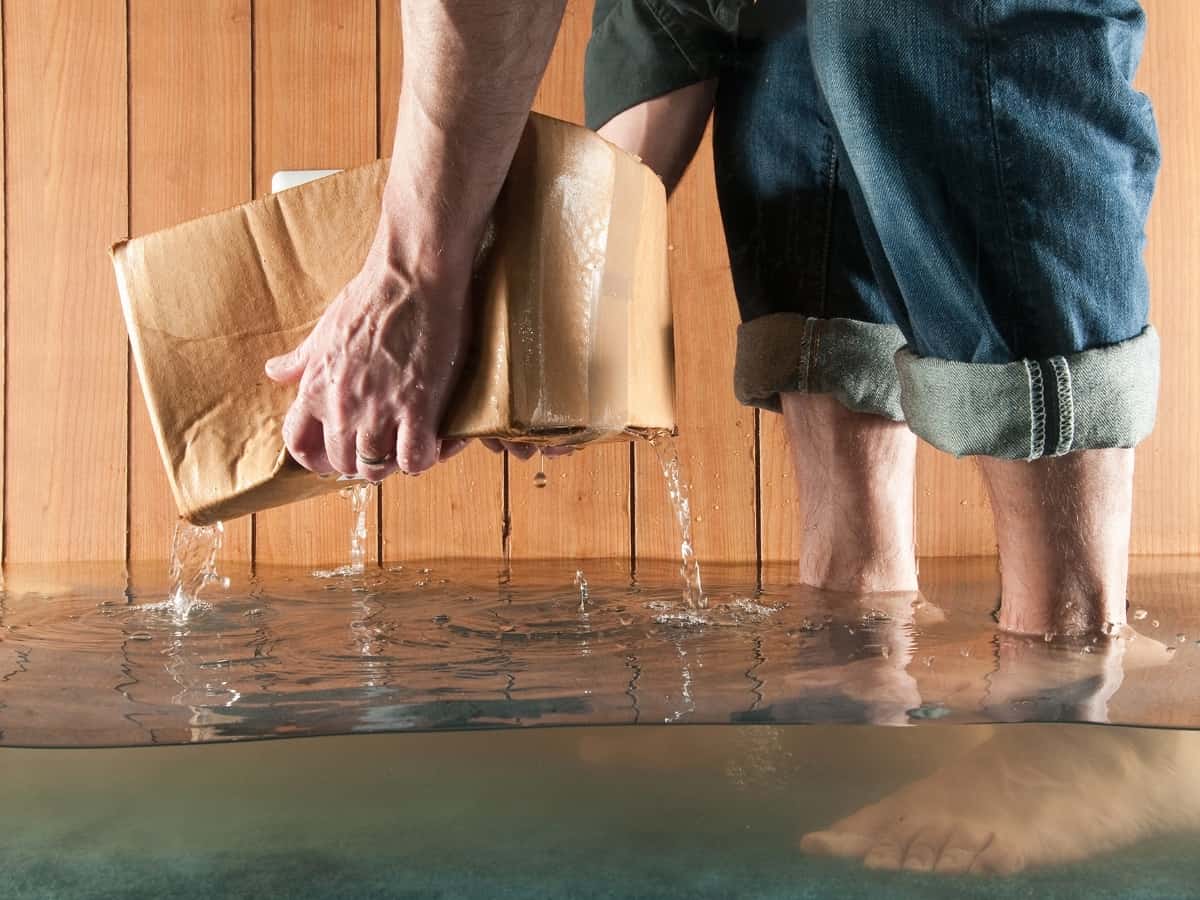Imagine this: you’re sitting at home, enjoying a peaceful night when a storm hits. You hear thunder, lightning, and suddenly a tree crashes to the ground. The next thing you know, the intense rain is leading to water damage in your home. Now what? You need to answer the question of: does homeowners insurance cover water damage?
Sure, you have a homeowners insurance policy, but is that going to be enough? Will it provide you with coverage in the event you suffer water damage? A storm is just one example of an event that can lead to water damage in your home. As a homeowner, it is critical to understand each scenario and how it will play into your insurance policy.
Why We Buy Homeowners Insurance
What are some of the reasons why we buy homeowners insurance? For the majority of individuals, your home is the biggest investment you will ever make. You place an immense financial stake in your home. Your home is your shelter, your safe place for not only you as an individual, but your entire family.
The reason we all buy homeowners insurance is to protect our homes in the event the unthinkable happens. There are so many scenarios where our homes could suffer damage. You could have a tree fall on the home, suffer damage from a windstorm, thieves break windows, and more. Even water damage can come from a variety of sources, including:
- Natural Disasters
- Flooding
- Home Foundation Cracks
- Sewer Problems
To combat this, you need to buy homeowners insurance so that you have a blanket of protection over your home. You want to do good by your home, in the event, a rebuild needs to occur. We buy homeowners insurance for peace of mind; we also must be sure that it provides the coverage we expect.

Water Damage Due to Natural Disasters
Natural disasters are interesting when it comes to your home and homeowners insurance policy. When you think about a natural disaster, you think about something that is completely outside of your control. A common scenario with a natural disaster would be something like a significant storm. In this case, homeowners insurance will provide you with coverage in most cases.
Walkthrough a scenario where a natural disaster strikes. It breaks a window in your home, and subsequently, rain comes in causing damage to the ceiling, walls, and flooring. The damage done by the windows will typically see coverage by the dwelling section of your homeowner’s insurance policy. The dwelling section of your policy includes coverage to repair or rebuild the physical structure of your home. if the natural disaster is a flood, that would not usually see coverage apply.
Damage to the Home Due to Flooding
What about flooding and how does that relate to homeowners insurance? When looking at the details of a homeowners insurance policy, there’s a good chance you’ll find exclusions. One of the more common exclusions is that of flood damage. Flooding of the home is not something that a homeowners insurance policy will traditionally cover.
So what do you do if you are a homeowner and have a concern over flooding within the home? The best thing you can do is to take out a separate insurance policy to provide the coverage you need. You can accomplish this with flood insurance, as this provides coverage that homeowners insurance policies do not.

Water Damage Due to Home Foundation
The home foundation is a tricky one when it comes to a homeowners insurance policy. There will be instances where issues with your foundation leading to the water damage will see coverage apply, then others where it will not.
The standard to go by when it comes to home foundation issues is that the leak in the foundation should begin with a cause that has coverage under the policy.
For example, let’s say that there is an issue with plumbing that is outside and surrounding your home. The issue with the plumbing then causes the foundation to begin to crack and leak. As this happens, you begin to see water damage take place in the home. Due to the leak happening as a result of the plumbing, a loss-type that has coverage, a homeowners insurance policy will help.
If there is an issue with the home foundation and the root cause is flooding, that is an exclusion that you will not have coverage on from your policy.
Outside Sewer
What about your outside sewer? Does homeowners insurance cover water damage from a sewer line? In the majority of cases, a homeowners insurance policy will exclude damage done to the home as a result of an issue with an outside sewer line. The damage is done to the sewer line leading to the water damage typically sees an exclusion apply.
The reason that a sewer line sees an applicable exclusion is that issues usually originate from poor maintenance, construction issues, and so on. You could also have a tree root or pest cause issues with the sewer line, also instances usually you do not have coverage for.
The only time an outside sewer line and water damage going along with it will see the coverage is if it was sudden and truly accidental. An explosion you had no control over, for example, could be something you get coverage for on your policy.

Are There Specific Policies in Place for Water Damage?
Are there certain insurance policies you can purchase to help with water damage? To answer the question of does homeowners insurance cover water damage, you need to look at your policy details. There will be exclusions in your policy, as well as coverages. Your homeowner’s insurance policy is the best purchase you can make to help to make you whole in the event of water damage. On top of that though, there are additional insurance policies you can buy. These policies or coverages include:
- Flood Insurance — A flood insurance policy can help to provide you with coverage in the event your home suffers from a flood.
- Water Backup Coverage — If you have a sewer line and the water backs up into your home, this additional coverage can help indemnify you after the loss.
Outside of the additional coverage types and insurance policies overall, you want to also pay attention to your deductible, as well as policy limits. The deductible is the out-of-pocket cost you will have with any claim you file. If your policy has a deductible of $1,000, then no matter the amount of the loss, you will be paying for the first $1,000 out of pocket. Be sure you are comfortable with the deductible amount.
The limits that you have on your policy will also come into play during its life. If you have a loss of over $100,000, but only have a limit of $100,000, then that is all you will receive in coverage from your insurance company. When you go over the limit, the excess loss is going to cost you out of pocket. Again, be aware of the limits along with the deductibles so you can be confident it provides you with adequate coverage.
What is the Claims Process Like?
When your home suffers damage, it is time to file a claim. You may not know if you have coverage or not until the claims handler performs coverage verification. It is always best to start the claims filing process immediately following the claim occurring. The claims process starts with reporting a claim to your insurance company. You need to provide information that will include your personal information, as well as your policy number and other details. Once they have your policy information, it is then time to report to them the loss. The loss will likely come with the date of loss, pictures that support it, the value of the items, and so on.
Once you report a loss and submit a claim to your insurance company, they will do their due diligence to substantiate the claims. They may send an adjuster out to take a look at the loss and determine what the cost of the damage is. From there, they can help you with the processing of your claim and the payment of your loss following the details of the insurance policy.

Never Be Surprised By Something on Your Insurance Policy
Never ignore the need to have adequate homeowners insurance coverage on your home. You put so much time, energy, and money into your home that you want to keep it in peak condition. You should be able to answer does homeowners insurance cover water damage and it starts with learning what your policy covers. If you have any concerns at all, it is time to take action.



